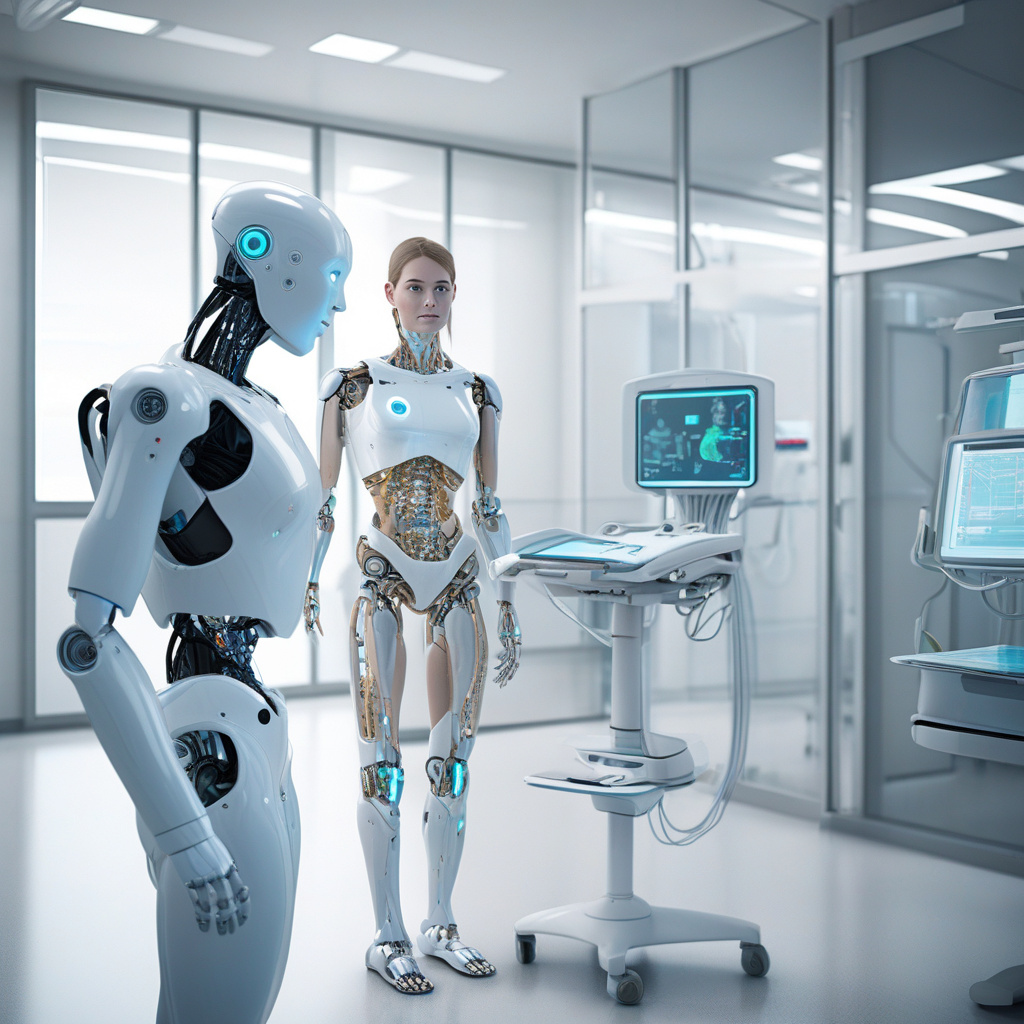In the realm of healthcare, the integration of Artificial Intelligence (AI) has sparked both excitement and skepticism. One of the most notable areas where AI is making its mark is in nursing. The National Health System has been grappling with staff shortages, resulting in prolonged waiting times and heightened patient frustration. In response to this challenge, AI nurses have emerged as a potential solution. But what are the pros and cons of entrusting patient care to AI-driven systems?
Pros of AI Nurses
#### 1. Efficiency and Accuracy
AI nurses can process vast amounts of data swiftly, enabling them to identify patterns and trends that human nurses might overlook. This capability enhances diagnostic accuracy and treatment planning, leading to better patient outcomes.
#### 2. 24/7 Availability
Unlike human nurses who adhere to shift schedules, AI nurses are available round the clock. Patients can receive immediate responses to their queries and concerns, ensuring continuous monitoring and support.
#### 3. Reduced Workload
By handling routine tasks such as appointment scheduling, medication reminders, and basic patient education, AI nurses alleviate the burden on human nurses. This allows healthcare professionals to focus on more complex and critical aspects of patient care.
Cons of AI Nurses
#### 1. Lack of Empathy and Emotional Support
One of the key attributes of human nurses is their ability to provide emotional comfort and empathy to patients. AI nurses, lacking emotional intelligence, may struggle to establish meaningful connections with individuals in distress.
#### 2. Risk of Errors
While AI systems excel in processing data, they are not immune to errors. A miscalibrated algorithm or a misinterpretation of information could potentially lead to incorrect diagnoses or treatment recommendations.
#### 3. Privacy Concerns
AI nurses rely on vast amounts of patient data to deliver personalized care. This raises concerns about data privacy and security, especially in light of stringent regulations like the GDPR that govern the handling of sensitive health information.
Striking a Balance
In evaluating the pros and cons of AI nurses, it becomes evident that while these systems offer efficiency and scalability, they cannot replace the human touch and nuanced care provided by human nurses. A hybrid model that combines the strengths of AI with the empathy and compassion of human caregivers may hold the key to optimizing patient care.
At the same time, it is crucial to consider the ethical implications of integrating AI into healthcare. Transparency in AI algorithms, ongoing monitoring for bias, and clear communication with patients regarding the role of AI in their care are essential steps in fostering trust and acceptance of these technologies.
In conclusion, the advent of AI nurses presents a paradigm shift in healthcare delivery, offering both opportunities and challenges. As we navigate this transformative landscape, striking a balance between technological advancement and human-centric care will be paramount in shaping the future of nursing and patient experience.
For further insights on the pros and cons of AI nurses, you can refer to the post on TechRound.
As technology continues to redefine the boundaries of healthcare, staying informed and engaging in critical discussions around AI integration will be instrumental in harnessing the full potential of these innovations for the betterment of patient care.

